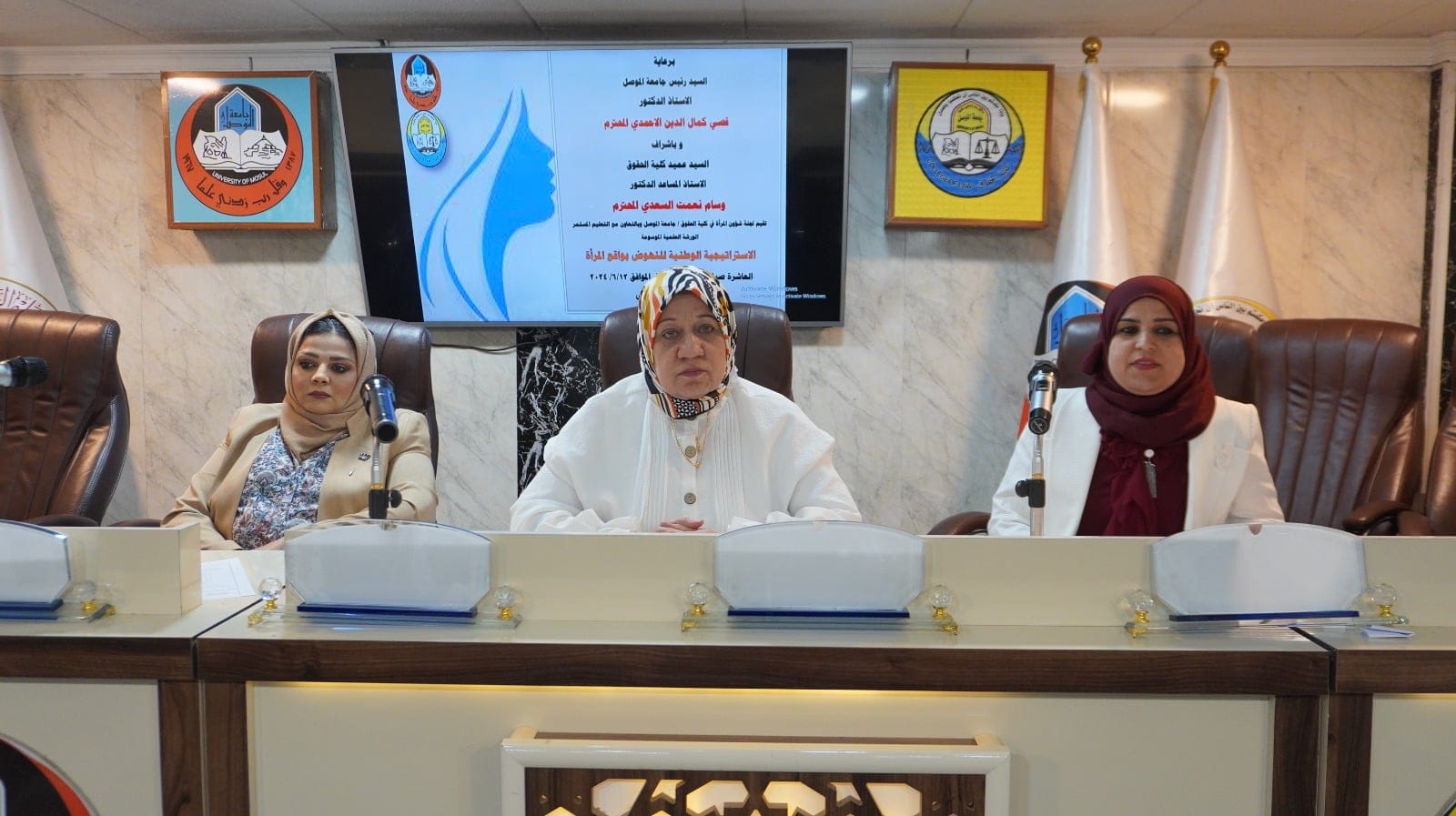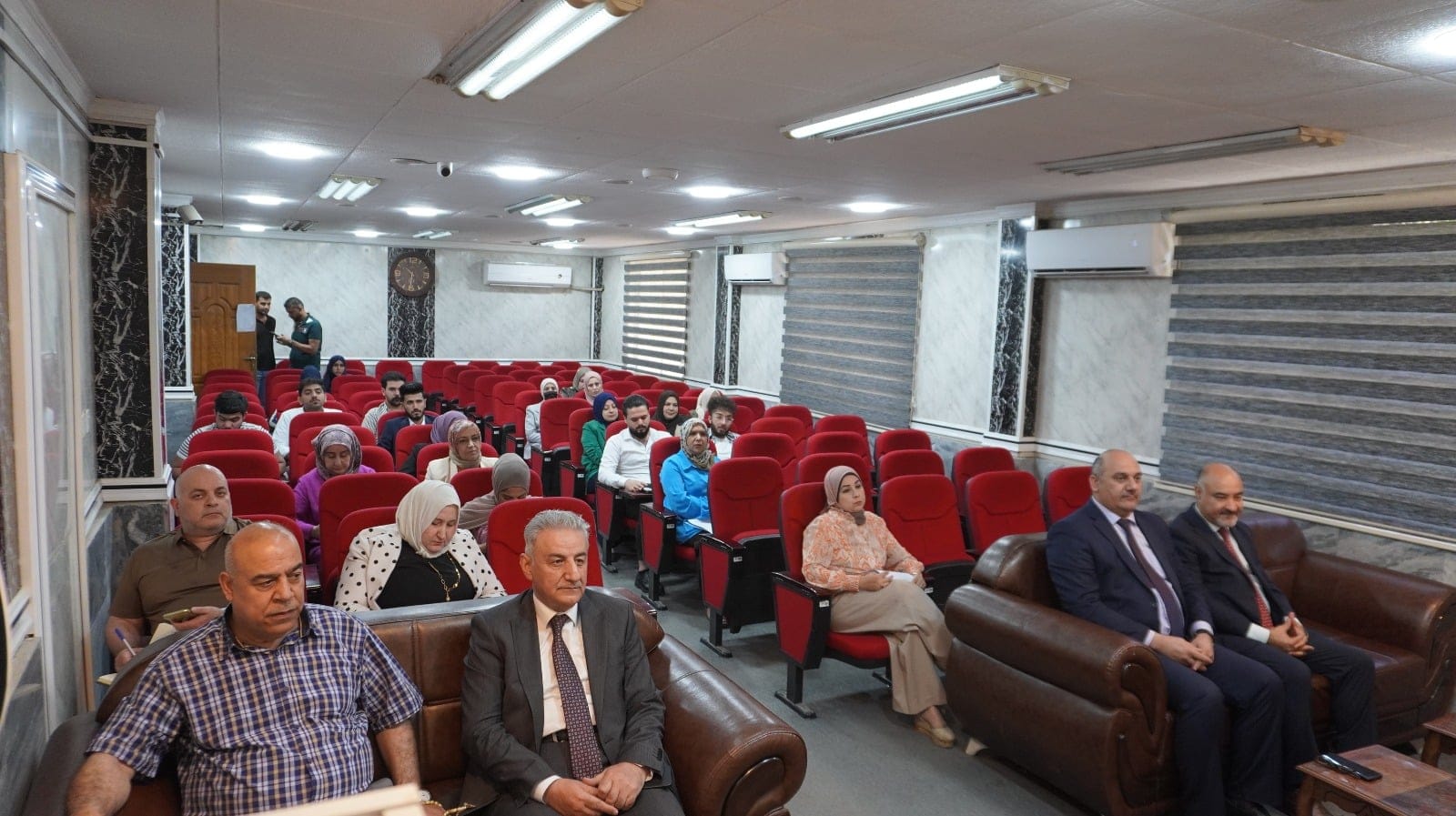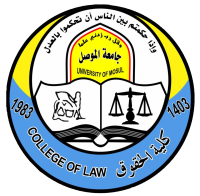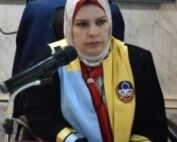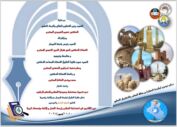1 July، 2024
Scientific workshop
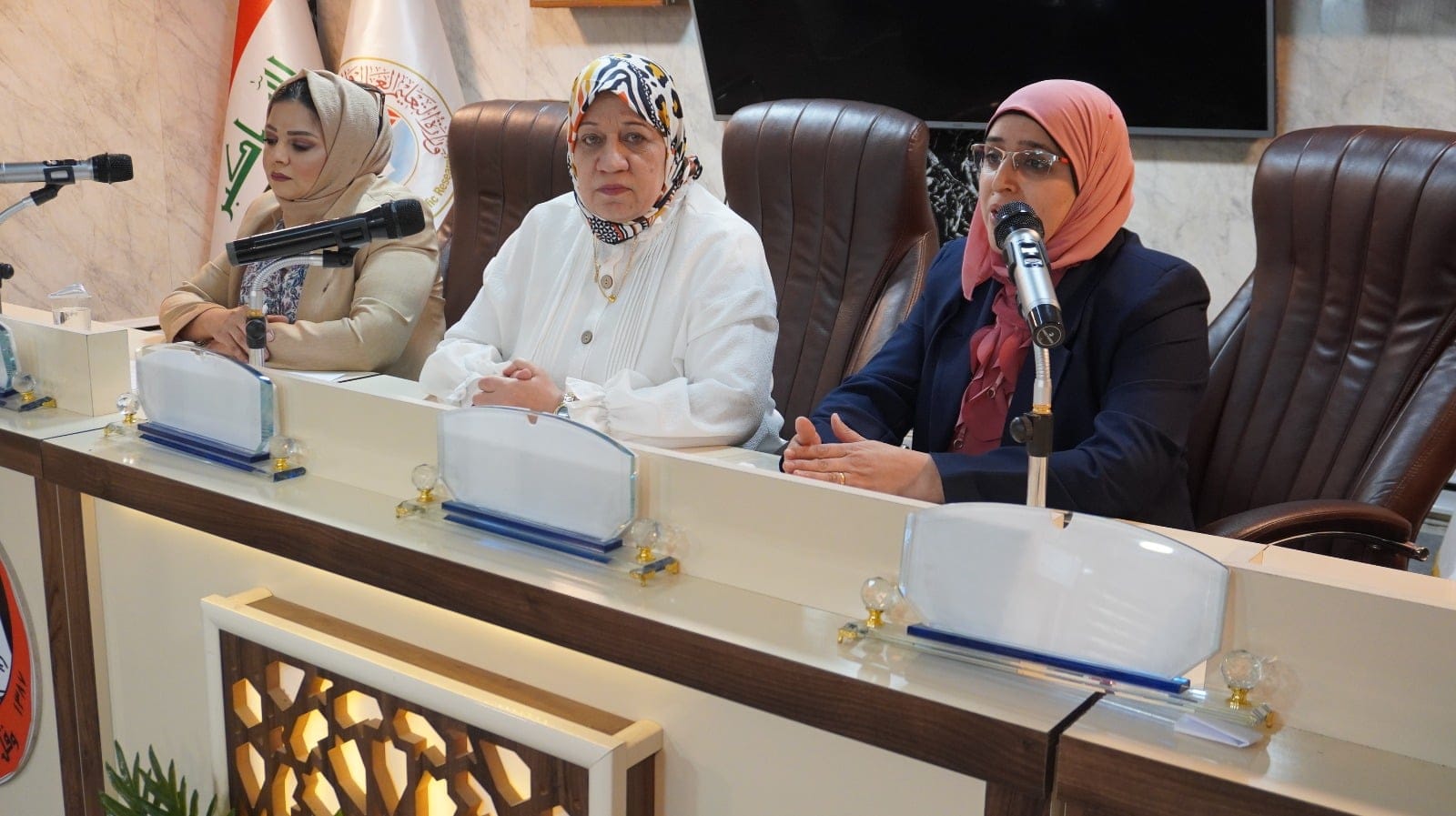
Under the patronage of Professor Dr. Qusay Kamal al-Din al-Ahmadi, President of the University of Mosul, and under the supervision and presence of Assistant Professor Dr. Wissam Nemat Ibrahim al-Saadi, Dean of the College of Law, the Women’s Affairs Committee in our college, in cooperation with the Women’s Affairs Unit in the Presidency of the University of Mosul and the Continuing Education Unit, held the scientific workshop entitled ( The National Strategy for the Advancement of the Status of Women) whose scientific session was moderated by Dr. Soha Hamid Salim, Chair of the Women’s Empowerment Committee in our college, and Dr. Hoda Hadi Mahmoud, rapporteur, during which a number of research papers were presented that dealt with addressing illiteracy among Iraqi women/the reality of the challenges that touched on the role of education Its history in Mesopotamia since the dawn of civilizations, the stages of its development, and the governmental efforts made to combat ignorance, with reference to the solidity of Iraqi education in its various stages, along with presenting statistics on the number of educated women, with a touch on the constitutional protection of women’s rights in the 2005 Iraqi Constitution and the basic principles of the constitutional protection of the constitutionally guaranteed rights and freedoms that they enjoy. All citizens alike, including women, as they are considered one of the basic pillars of society. The workshop also referred to the right of equality for women to hold public jobs, referring to the concept of the right to equality, its role in achieving justice, its legal basis, and what has been approved by international instruments and conventions, national legislation and constitutions, including the Iraqi Constitution, regarding the right of women. In assuming public jobs, while addressing the economic empowerment of women and its impact on sustainable development and their role/women in economic contribution and the most important obstacles that prevent their contribution to economic activity in the Arab region, as well as a statement of the criminal protection of women under the amended Iraqi Penal Code No. 111 of 1969 and an explanation of the concept of protection. The penal system and its protection of human rights and the provisions approved by the Iraqi Penal Code in the event that any of the protected rights are exposed to any attack. It also referred to the right of women to conclude legal contracts and their interaction with social and economic conditions and their right to conclude legal contracts in accordance with the legal capacity assigned to them. The workshop also touched on the role of women in reducing From environmental pollution, preserving natural resources, rationalizing energy use, the privacy of working women, and images of assault on them, pointing to the concept of working women’s privacy and the extent of their adaptation to work conditions, as well as explaining images of privacy and images of assault on them, and developing their skills in using artificial intelligence applications, while explaining the concept of artificial intelligence and its role in reducing disparities. Social and educational skills development. The workshop witnessed a remarkable presence of researchers, academics, legal experts, and representatives of civil society organizations, who asked many questions and inquiries about the topic of the workshop, which were answered in detail by those in charge of it. Then Assistant Professor Dr. Wissam Nemat Ibrahim Al-Saadi, Dean of the College, gave a speech in which he explained the role of The college is committed to adopting a strategy and formulating general visions while working to develop mechanisms that contribute to diagnosing problems based on community studies that contribute to developing appropriate solutions. The Dean of the College also appreciated the role of the Women’s Empowerment Committee through its field and community work at all levels, and then certificates of appreciation were distributed to the president. And the members of the preparatory committee and researchers in appreciation and appreciation for their distinguished efforts in contributing to the work of the above workshop, which comes within the series of scientific, cultural and student activities of our college during the current academic year 2023-2024.